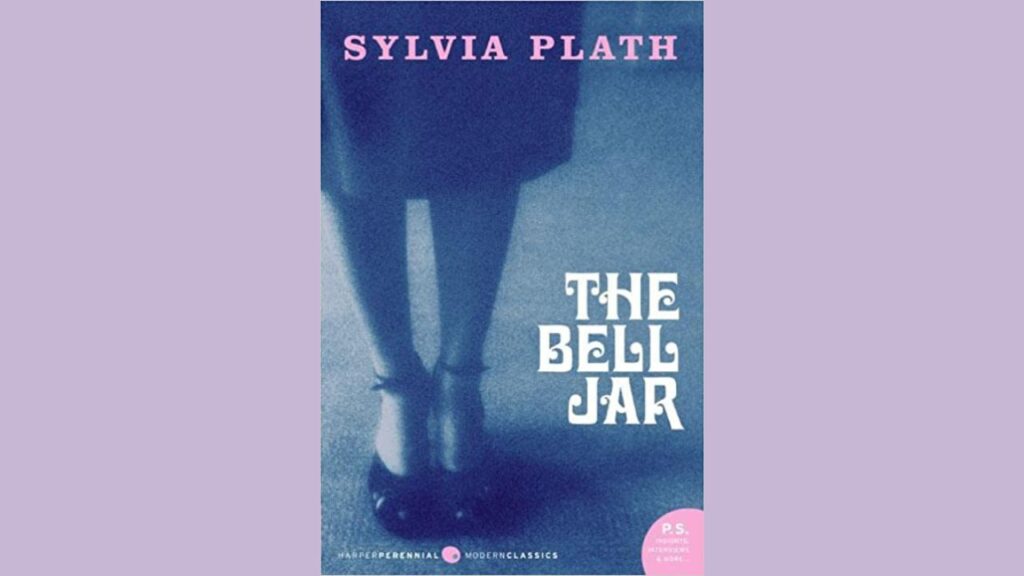
Student Notes – The Trial by Franz Kafka
Introduction:
The Trial, written by Franz Kafka and published posthumously in 1925, is a complex and enigmatic novel that explores themes of guilt, bureaucracy, and the absurdity of the human condition. The story follows Josef K., a bank clerk who is suddenly arrested and put on trial for an unspecified crime. Through Josef K.’s surreal and disorienting journey through the legal system, Kafka presents a haunting critique of modern society and the individual’s struggle for justice and meaning. These student notes provide a comprehensive overview of the key elements, themes, and characters in The Trial, along with analysis and discussion points for deeper exploration and understanding.
The Absurdity of the Legal System:
- The Arrest: Josef K.’s arrest without being informed of the nature of his crime sets the tone for the absurdity and ambiguity that permeate the novel.
- The Bureaucracy: Kafka vividly portrays the labyrinthine and dehumanizing nature of the legal system, where rules and procedures seem arbitrary and logic is elusive.
- Powerlessness and Alienation: Josef K. becomes increasingly trapped in a web of incomprehensible rules, unable to find justice or a clear path to resolution.
Themes and Symbolism:
- Guilt and Innocence: The theme of guilt permeates the novel, with Josef K. questioning his own culpability and struggling to prove his innocence in the face of a seemingly omnipotent and faceless court.
- Society’s Judgment: Kafka explores the way society passes judgment on individuals and the suffocating pressure of societal norms and expectations.
- Alienation and Loneliness: Josef K.’s isolation from others and his growing detachment from reality mirror the existential alienation experienced by individuals in modern society.
- The Absurdity of Life: The Trial delves into the absurdity of human existence, where the search for meaning and justice is met with futility and confusion.
Character Analysis:
- Josef K.: The protagonist of the novel, Josef K. is an ordinary man caught in an extraordinary situation. He embodies the frustration and helplessness of the individual facing an incomprehensible and arbitrary system.
- Fraulein Burstner: A woman Josef K. encounters in his apartment building, Fraulein Burstner represents an elusive object of desire and a source of both comfort and unease for Josef K.
- The Lawyer and The Judge: These characters, along with other officials in the legal system, represent the faceless bureaucracy that holds power over Josef K.’s fate.
Kafka’s Writing Style:
- Surreal and Uncanny Atmosphere: Kafka’s use of vivid imagery, disorienting events, and dreamlike sequences creates an atmosphere of unease and uncertainty, blurring the boundaries between reality and fantasy.
- Paranoia and Psychological Tension: The Trial is characterized by a pervasive sense of paranoia and psychological tension, reflecting the protagonist’s mounting anxiety and the oppressive nature of the legal system.
Interpretations and Significance:
- Religious and Existential Interpretations: The Trial has been interpreted through religious and existential lenses, with possible connections to concepts of original sin, divine judgment, and the human search for meaning.
- Social Critique: Kafka’s novel has been seen as a critique of oppressive bureaucratic systems, exposing the dehumanization and powerlessness faced by individuals within such structures.
Conclusion:
The Trial is a deeply unsettling and thought-provoking novel that explores themes of guilt, bureaucracy, and the absurdity of the human condition. Franz Kafka’s masterful storytelling and unique writing style continue to captivate readers and provoke discussions about the nature of justice, individual agency, and the complexities of modern society. By engaging with the student notes provided, readers can delve deeper into the themes, symbolism, and characters of The Trial, gaining a greater understanding of Kafka’s enduring legacy as one of the most influential writers of the 20th century.



